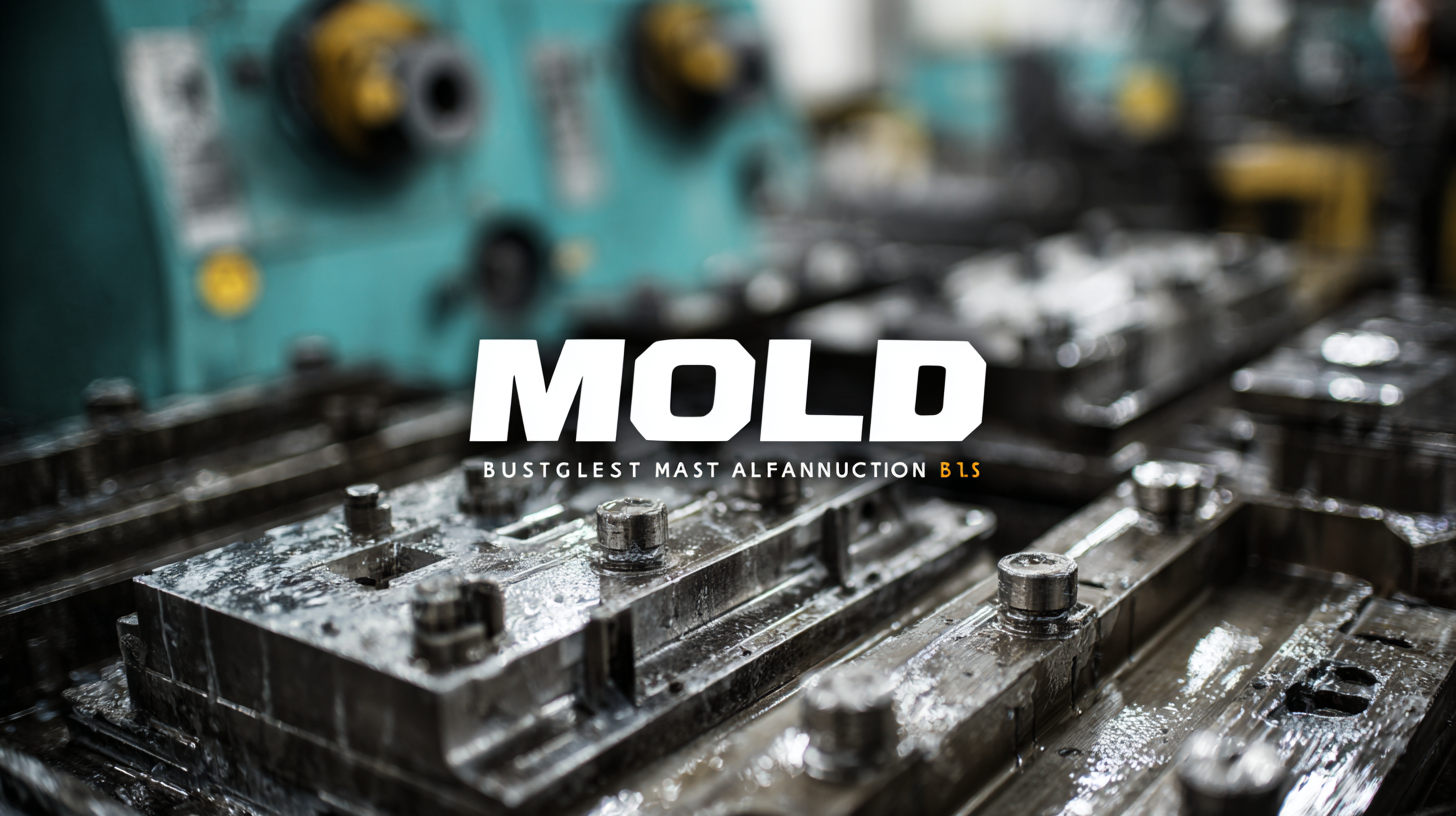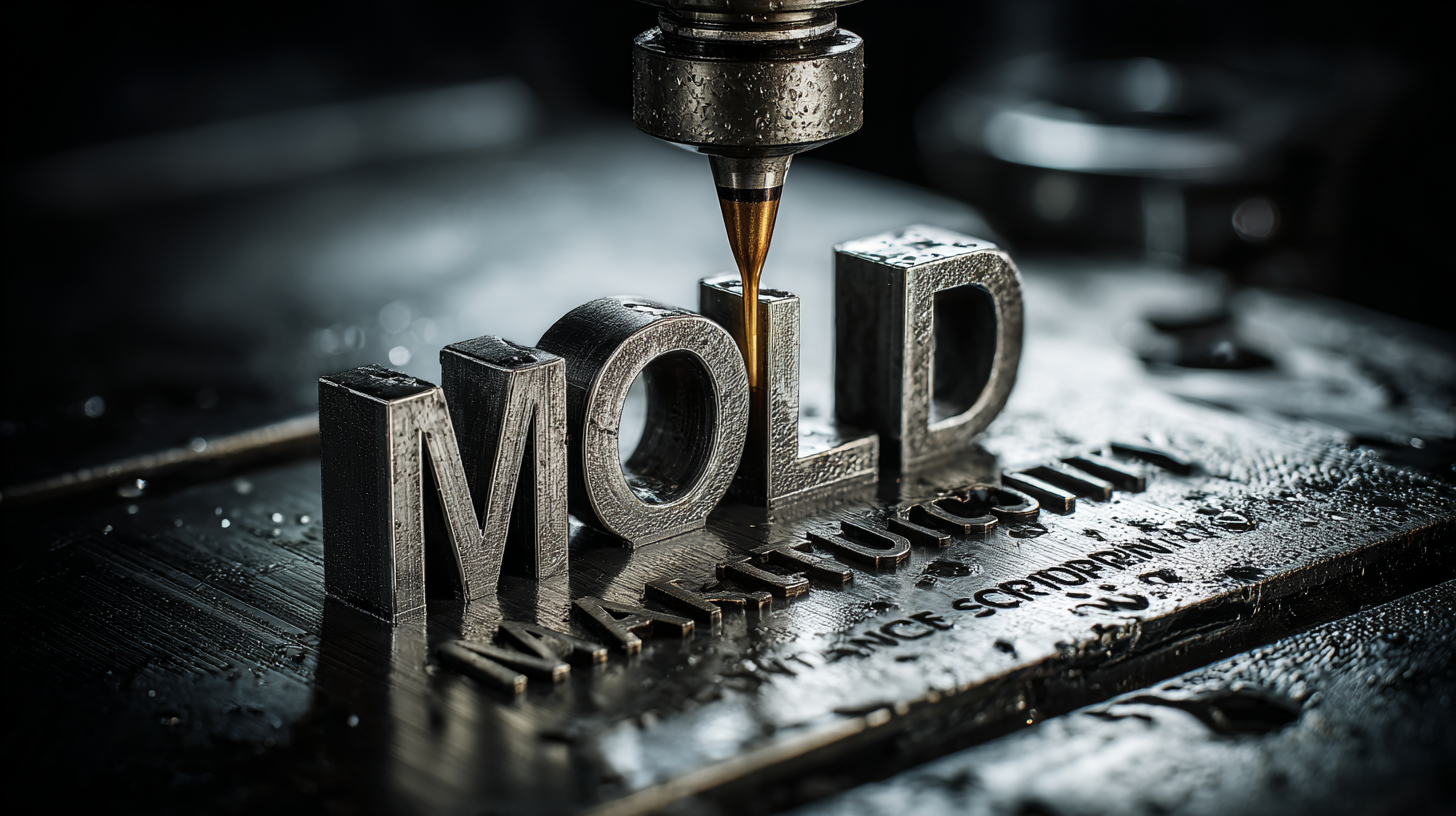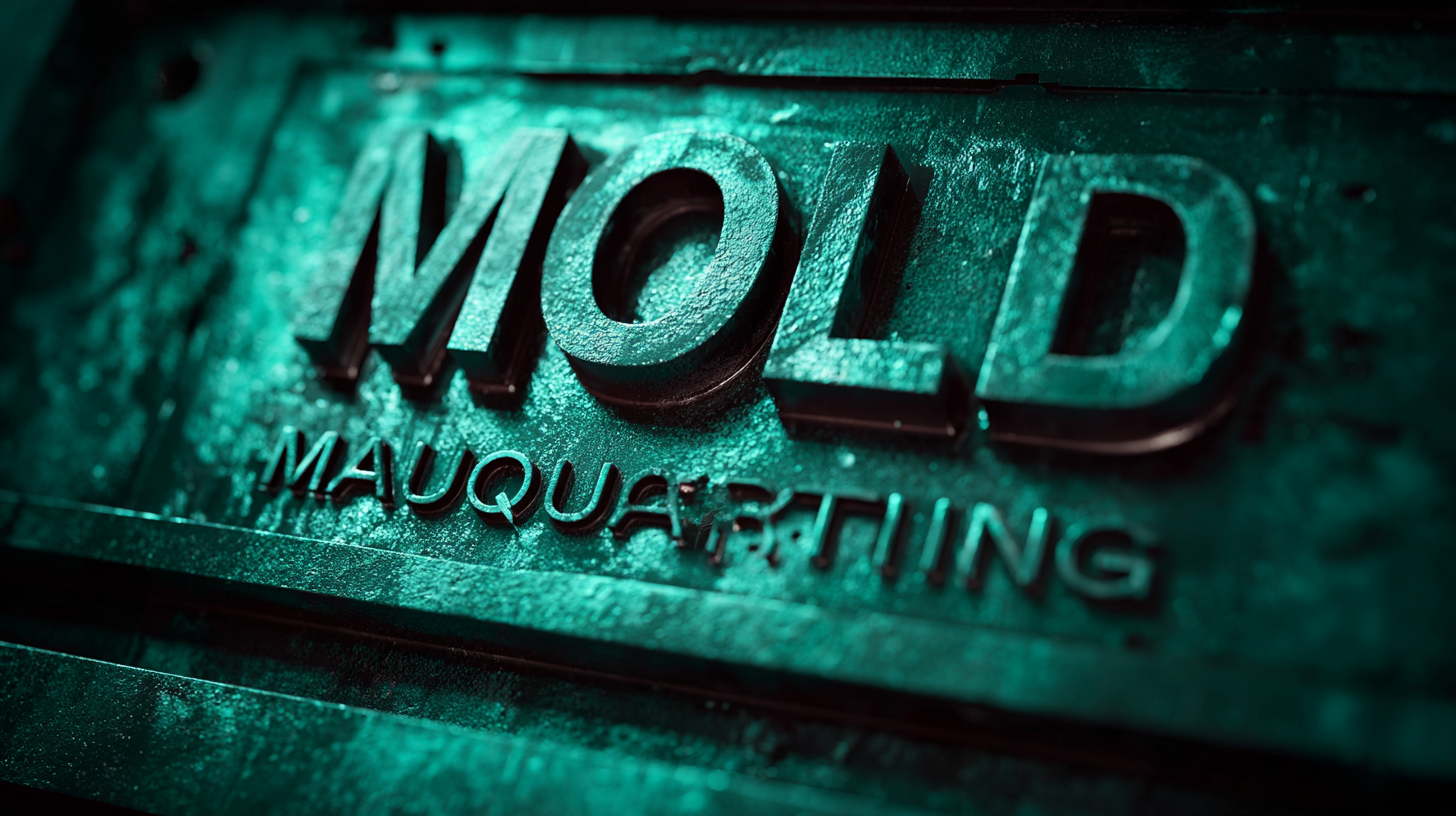


In the competitive realm of mold manufacturing, selecting top-quality suppliers is crucial for ensuring optimal production outcomes and maintaining operational efficiency. The right supplier not only provides high-quality molds but also offers exceptional after-sales service, a factor that can significantly influence long-term business relationships and customer satisfaction.
Adequate after-sales support and reasonable repair costs can serve as a compass for identifying reliable partners in mold manufacturing. By understanding the nuances of supplier offerings, such as their responsiveness to issues, quality of service, and overall maintenance costs, businesses can position themselves for success, minimizing disruptions and maximizing productivity.
This blog will explore effective strategies for identifying the best suppliers, highlighting the importance of after-sales advantages and repair costs in mold manufacturing solutions.

In the mold manufacturing industry, understanding the significance of quality is paramount for achieving optimal production outcomes. Quality degradation is a critical challenge faced by manufacturers, particularly in die casting, where complex and precision parts are produced. A recent study highlights that the introduction of machine learning models can optimize casting conditions for small to medium-sized manufacturers, thereby significantly improving the quality of the final outputs. Effective management of these optimal conditions can lead to more reliable and aesthetically pleasing products, essential factors for consumer satisfaction.

Moreover, surface quality remains a crucial quality factor in the manufacturing process. The application of innovative mold and core washes has been demonstrated to enhance the surface quality of castings, reducing defects such as sink marks and warpages. Research shows that these improvements not only elevate the products' perceived quality but also meet the increasing consumer demand for high-end finishes. A focus on multi-objective optimization in the injection molding process underscores the industry's commitment to quality, suggesting that investments in advanced technologies and methodologies will yield substantial benefits in both product excellence and customer trust.
When seeking reliable mold manufacturing suppliers, certain key characteristics stand out as essential indicators of quality and professionalism. A 2021 report by Market Research Future highlights that the molds and tooling market is projected to reach $12 billion by 2025, underscoring the need for suppliers who can deliver high-quality products to meet this growing demand. Suppliers that invest in advanced technology and a skilled workforce are more likely to produce precise and durable molds that adhere to industry standards.

Another critical aspect to consider is a supplier's track record in quality assurance. Research from the International Organization for Standardization (ISO) indicates that companies with ISO 9001 certification see a 20% increase in performance quality and customer satisfaction. Reliable mold manufacturers often boast certifications that confirm their adherence to rigorous quality management systems, ensuring that every product meets client specifications while minimizing defects and rework. With these criteria in mind, businesses can make informed decisions when selecting a mold supplier that aligns with their operational needs.
When evaluating potential suppliers for mold manufacturing solutions, several key capabilities should be assessed to ensure the highest quality and efficiency. First and foremost, understanding the supplier’s technological expertise is crucial. According to a report from MarketsandMarkets, the global mold manufacturing market is projected to reach $29.4 billion by 2025, highlighting the importance of advanced technology adoption. Look for suppliers who utilize state-of-the-art machinery and processes, such as CNC machining and 3D printing, which can significantly enhance precision and reduce lead times.
Another critical factor to consider is the supplier’s quality control measures. A study by Deloitte indicates that companies with effective supplier quality management experience 30% fewer defects and significantly lower costs associated with rework. Request information on their quality assurance processes and certifications, such as ISO 9001, to gauge their commitment to maintaining high standards.
**Tip:** Always ask for case studies or references from previous clients, as these can provide insight into the supplier's reliability and performance.
Moreover, assessing their responsiveness and communication can be as vital as technical capabilities. A supplier that prioritizes collaboration can impact project timelines and outcomes. Research suggests that effective communication can improve productivity by up to 25%. Finding a supplier who is eager to engage in problem-solving will be invaluable.
**Tip:** Consider implementing a trial project with potential suppliers to evaluate their performance and ensure they align with your expectations before committing to a long-term partnership.
When selecting suppliers for mold manufacturing solutions, certifications and industry standards play a pivotal role in ensuring quality and reliability. Certifications such as ISO 9001 and ISO 13485 provide an assurance that suppliers adhere to international quality management systems and meet rigorous safety and efficiency standards. These certifications serve as benchmarks, allowing companies to evaluate potential suppliers based on their commitment to quality and continuous improvement processes.
Industry standards also help establish a clear framework for supplier evaluation. Adhering to relevant standards ensures that suppliers employ best practices in their operations, which can lead to enhanced product consistency and performance. For example, compliance with ASTM (American Society for Testing and Materials) and other relevant guidelines can indicate that a supplier's manufacturing processes are not only efficient but also capable of producing molds that meet specific technical requirements. By closely examining a supplier's certifications and adherence to industry standards, businesses can make more informed decisions, ultimately leading to better mold manufacturing outcomes and stronger partnerships.
This chart illustrates the number of suppliers certified under various industry standards relevant to mold manufacturing. Certifications such as ISO 9001 and ISO 13485 are crucial for identifying top-quality suppliers capable of providing reliable mold manufacturing solutions.
Building lasting relationships with top mold manufacturing suppliers is crucial for businesses seeking to enhance their production capabilities and expand their product offerings. To achieve this, companies should look for suppliers that not only demonstrate technical expertise but also share a mutual understanding of market demands. As recent trends highlight the importance of private-label brands, selecting a supplier that can customize solutions and meet specific needs plays a pivotal role in strengthening partnerships.
Moreover, investing time in supplier visits and establishing open lines of communication can foster trust and collaboration. Understanding each other's business goals and challenges allows both parties to navigate changes in the manufacturing landscape more effectively. For instance, as companies expand and seek efficient production methods, it’s vital to partner with suppliers who are willing to adapt and innovate, thereby creating a mutually beneficial relationship that stands the test of time. This holistic approach ensures that businesses not only identify top-quality suppliers but also cultivate enduring partnerships that drive long-term success in the mold manufacturing sector.